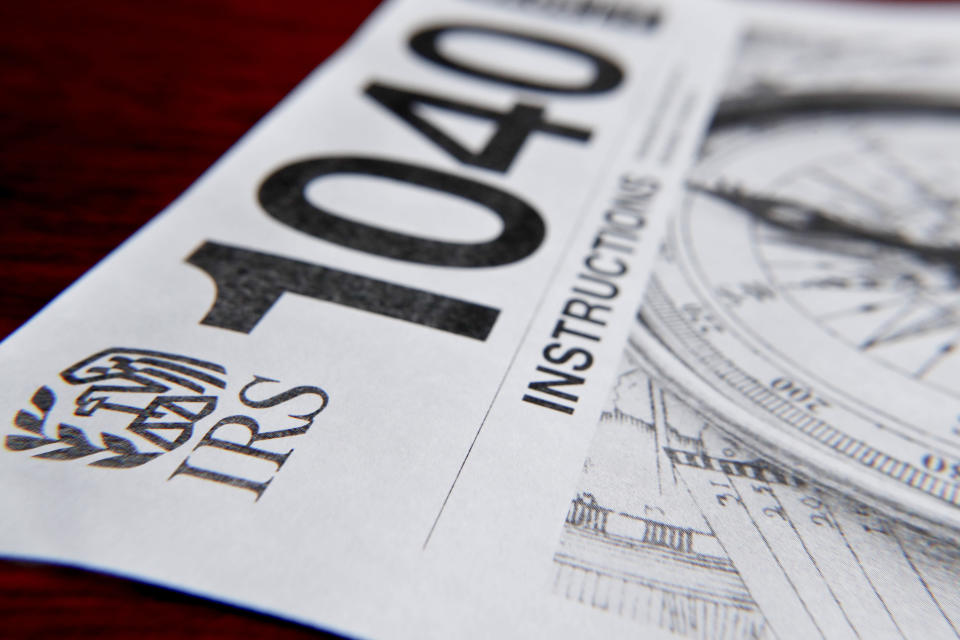Average tax refunds are up 19% this week, now at 2018 levels
Average tax refunds are up 19% from last week, making them consistent with last year’s levels, the Department of the Treasury announced Thursday.
Economists at a few major banks were getting nervous that their forecasts of a solid $20 billion bump over last year’s refunds would result in solid retail and discretionary spending numbers come tax season. The bump, according to the Treasury, comes from many Earned Income Tax Credits and Child Tax Credits being paid out this week.
In fact, the IRS noted that the average refund is now 1.3% ahead of last year, with 47.7 million returns in so far, representing $121 billion back to taxpayers, compared with $126 billion returns in 2018.
“It is a very favorable development for consumption to see refunds more in line with past years’ experience after seeing the significant lag in the data prior to the latest daily report,” economists from JPMorgan wrote in a note Thursday. “But if refund issuance is simply in line with that of recent years, this could be viewed as a disappointment given some expectations that the Tax Cuts and Jobs Act would lead to a jump in refunds this year.”

There had been recent reports of lower-than-average refunds this year for a variety of reasons, from not enough withholding, the elimination of the state and local tax deduction, and other factors.
Still, the Treasury cautions against drawing broad conclusions on tax refunds too early, and pointed to the difference between a tax liability and a tax refund (which are different things). Tax liability is the total amount you pay, and tax refund is how much you get back if you overpay.
While most taxpayers will have a lower overall tax bill this year because of the Tax Cuts and Jobs Act of 2017, improperly adjusted withholding tables resulted in many people’s employers not taking out enough money each paycheck to cover taxes.
-
Ethan Wolff-Mann is a writer at Yahoo Finance focusing on consumer issues, personal finance, retail, airlines, and more. Follow him on Twitter @ewolffmann.
Tax refunds are behind our forecast: UBS
